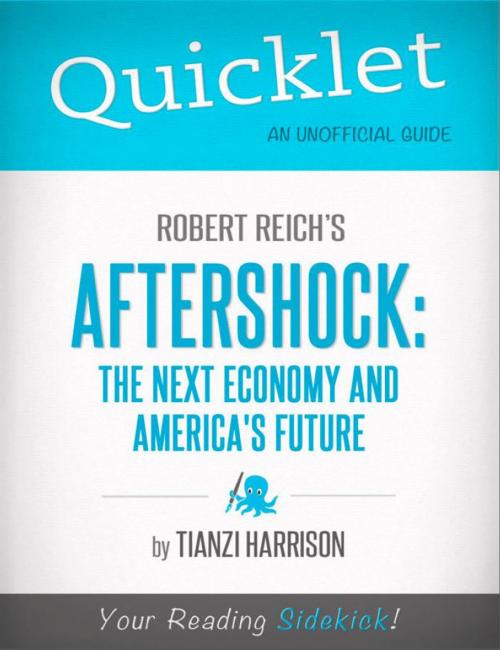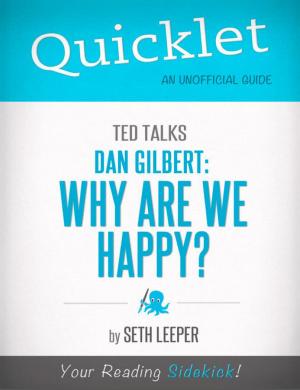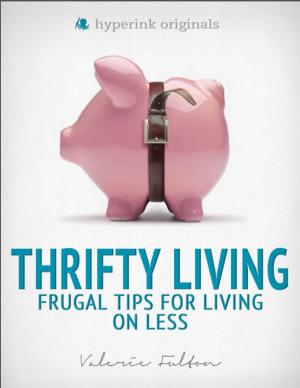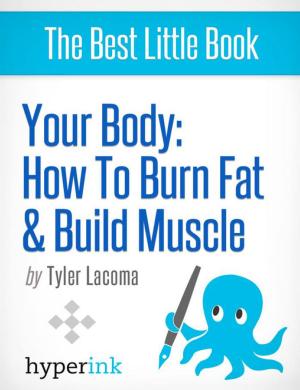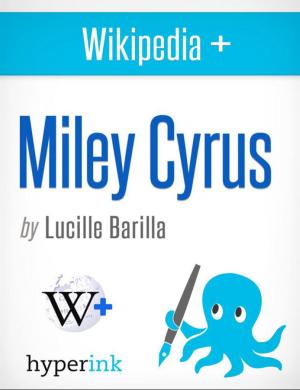Quicklet on Aftershock: The Next Economy and America's Future (CliffNotes-like Summary)
Nonfiction, Reference & Language, Study Aids, Book Notes, Art & Architecture, General Art| Author: | Tianzi Harrison | ISBN: | 9781614649557 |
| Publisher: | Hyperink | Publication: | February 24, 2012 |
| Imprint: | Hyperink | Language: | English |
| Author: | Tianzi Harrison |
| ISBN: | 9781614649557 |
| Publisher: | Hyperink |
| Publication: | February 24, 2012 |
| Imprint: | Hyperink |
| Language: | English |
ABOUT THE BOOK
Aftershock: The Next Economy and America's Future by Robert B. Reich came out in September 2010, two months before the 2010 US midterm election, and two years after the Great Recession began. At the time, millions of Americans had already lost their jobs, and diverse speculations about the economy were circulating the public sphere.
As many people continued to fear that banks would foreclose their homes, and jobs were being created at a much slower rate than previously. Americans were desperate to know why the economy had not recovered as promised.
To answer these and other economic and financial concerns, Reich offers a lucid insight into the underlying problems of the current economy. In his words, “for too long, the average Americans have lived beyond their means because the super-rich have tucked away an increasingly larger share of the country's total income." Until structural changes are introduced in the economy to restore the people's purchasing power, predicts he, the country is going to experience a long-lasting aftershock left by the Great Recession.
MEET THE AUTHOR
Tianzi Harrison is a native Chinese speaker from Wuhan, China. She went to middle school in Singapore and completed her bachelor's and master's degrees in film in the U.S. Since April 2010, she has been working as a freelance writer, editor, and translator. She writes about cinema and travel, with a focus in Asia, especially China. Her personal website can be accessed at http://isasite.weebly.com/.
EXCERPT FROM THE BOOK
Mallaby also criticizes Reich for his assertion that economic growth is predicated on redistribution of wealth. A more extreme version of this criticism is found in Robert Gavin's review. Gavin states that "Reich's economic case delves into ideological and class-war blather" (The Boston Globe). The antagonism that Gavin feels towards Reich goes on to explain why he rejects Reich's critique of Wall Street. Unfortunately, Gavin misunderstands Reich to be someone supportive of ransacking and sabotaging Wall Street banks. That is not the case and has never been the case.
In 2008, Reich participated in an online interview with Freakonomics readers not long after his book Supercapitalism was published. In it, he says that he is not in favor of rescuing Wall Street banks when they make bad investments, and he does not "believe in redistribution of wealth for the sake of redistributing wealth" (Freakonomics). Neither of these ideas equal class warfare. What Reich wants is for investment banks to share profits with taxpayers instead of getting bailed out by taxpayers' money whenever they screw up.
Buy a copy to keep reading!
ABOUT THE BOOK
Aftershock: The Next Economy and America's Future by Robert B. Reich came out in September 2010, two months before the 2010 US midterm election, and two years after the Great Recession began. At the time, millions of Americans had already lost their jobs, and diverse speculations about the economy were circulating the public sphere.
As many people continued to fear that banks would foreclose their homes, and jobs were being created at a much slower rate than previously. Americans were desperate to know why the economy had not recovered as promised.
To answer these and other economic and financial concerns, Reich offers a lucid insight into the underlying problems of the current economy. In his words, “for too long, the average Americans have lived beyond their means because the super-rich have tucked away an increasingly larger share of the country's total income." Until structural changes are introduced in the economy to restore the people's purchasing power, predicts he, the country is going to experience a long-lasting aftershock left by the Great Recession.
MEET THE AUTHOR
Tianzi Harrison is a native Chinese speaker from Wuhan, China. She went to middle school in Singapore and completed her bachelor's and master's degrees in film in the U.S. Since April 2010, she has been working as a freelance writer, editor, and translator. She writes about cinema and travel, with a focus in Asia, especially China. Her personal website can be accessed at http://isasite.weebly.com/.
EXCERPT FROM THE BOOK
Mallaby also criticizes Reich for his assertion that economic growth is predicated on redistribution of wealth. A more extreme version of this criticism is found in Robert Gavin's review. Gavin states that "Reich's economic case delves into ideological and class-war blather" (The Boston Globe). The antagonism that Gavin feels towards Reich goes on to explain why he rejects Reich's critique of Wall Street. Unfortunately, Gavin misunderstands Reich to be someone supportive of ransacking and sabotaging Wall Street banks. That is not the case and has never been the case.
In 2008, Reich participated in an online interview with Freakonomics readers not long after his book Supercapitalism was published. In it, he says that he is not in favor of rescuing Wall Street banks when they make bad investments, and he does not "believe in redistribution of wealth for the sake of redistributing wealth" (Freakonomics). Neither of these ideas equal class warfare. What Reich wants is for investment banks to share profits with taxpayers instead of getting bailed out by taxpayers' money whenever they screw up.
Buy a copy to keep reading!
